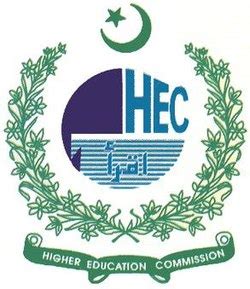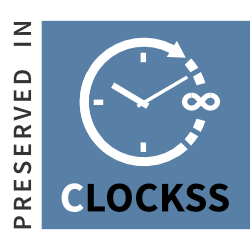Knowledge and Practices of Mothers with Children Aged 6-24 Months on Weaning, Attending Services Hospital Lahore, Pakistan
DOI:
https://doi.org/10.53992/njns.v7i1.91Keywords:
Assessment, Complementary feeding, Weaning, Pediatrics, breast-feeding, Practices, KnowledgeAbstract
Objective: This study was conducted to assess the weaning knowledge, practices, and influencing factors. Methods: Questionnaires were filled from 315 mothers with children aged 06-24 months, who visited Pediatrics OPD Services Hospital, Lahore, Pakistan in 4 months. The weaning knowledge and practices of the respondents were evaluated by using a pre-tested questionnaire. Chi-square test was used to assess the associations between the variables. It was ranked as good, satisfactory, and poor based on the gross sum total. Results: The overall knowledge of weaning was good in 159 (50.5%) mothers and 133 (42.2%) had satisfactory knowledge. Whereas the practices of 152 (48.3%) mothers out of 315 were good but poor in 46 (14.6%) of the mothers. There is a statistically significant association between the knowledge and practices of weaning with the age of babies (p values= 0.000 and 0.000, respectively) and the total number of children of the respondents (p-values= 0.000 and 0.000, respectively). Residential status of respondents (p-value=0.028) and educational status of mothers (p-values= 0.01) also showed a significant association with the overall knowledge of mothers. Practices and knowledge of mothers (p-values=0.02 and p-value= 0.026 respectively) are statistically significant with the source of information and weaning practices. We also found an association with the type of family of the respondent (p-value=0.034). Conclusion: The findings of this study will be helpful in making strategies of awareness programs so that the effects of pre-or post-weaning can be minimized.




